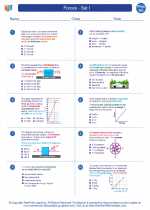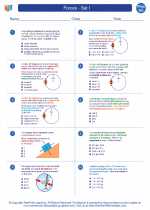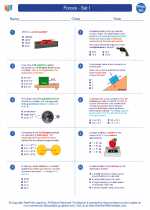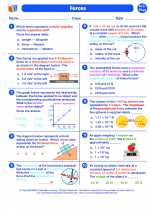Nucleus
The nucleus is a central part of an atom that contains protons and neutrons. It is extremely small in size compared to the overall size of the atom. The nucleus is positively charged due to the presence of protons and is surrounded by negatively charged electrons that orbit around it.
Structure of the Nucleus
The nucleus consists of protons and neutrons. Protons are positively charged particles, while neutrons are neutral. The number of protons in the nucleus determines the element, while the total number of protons and neutrons determines the isotope of the element.
Nuclear Forces
The protons in the nucleus repel each other due to their positive charges. However, there are strong nuclear forces that hold the nucleus together, overcoming the electromagnetic repulsion between protons. These nuclear forces are responsible for the stability of the nucleus.
Nuclear Reactions
Nuclear reactions involve changes in the composition of the nucleus, leading to the release of large amounts of energy. Examples of nuclear reactions include nuclear fission and nuclear fusion.
Study Guide
- Understand the structure of the nucleus and the role of protons and neutrons.
- Learn about nuclear forces and their role in maintaining the stability of the nucleus.
- Explore different types of nuclear reactions and their impact on energy production.
- Understand the concept of isotopes and their significance in nuclear chemistry.
- Practice solving numerical problems related to nuclear reactions and radioactive decay.
◂Physics Worksheets and Study Guides High School. Forces - Set I

 Worksheet/Answer key
Worksheet/Answer key
 Worksheet/Answer key
Worksheet/Answer key
 Worksheet/Answer key
Worksheet/Answer key
